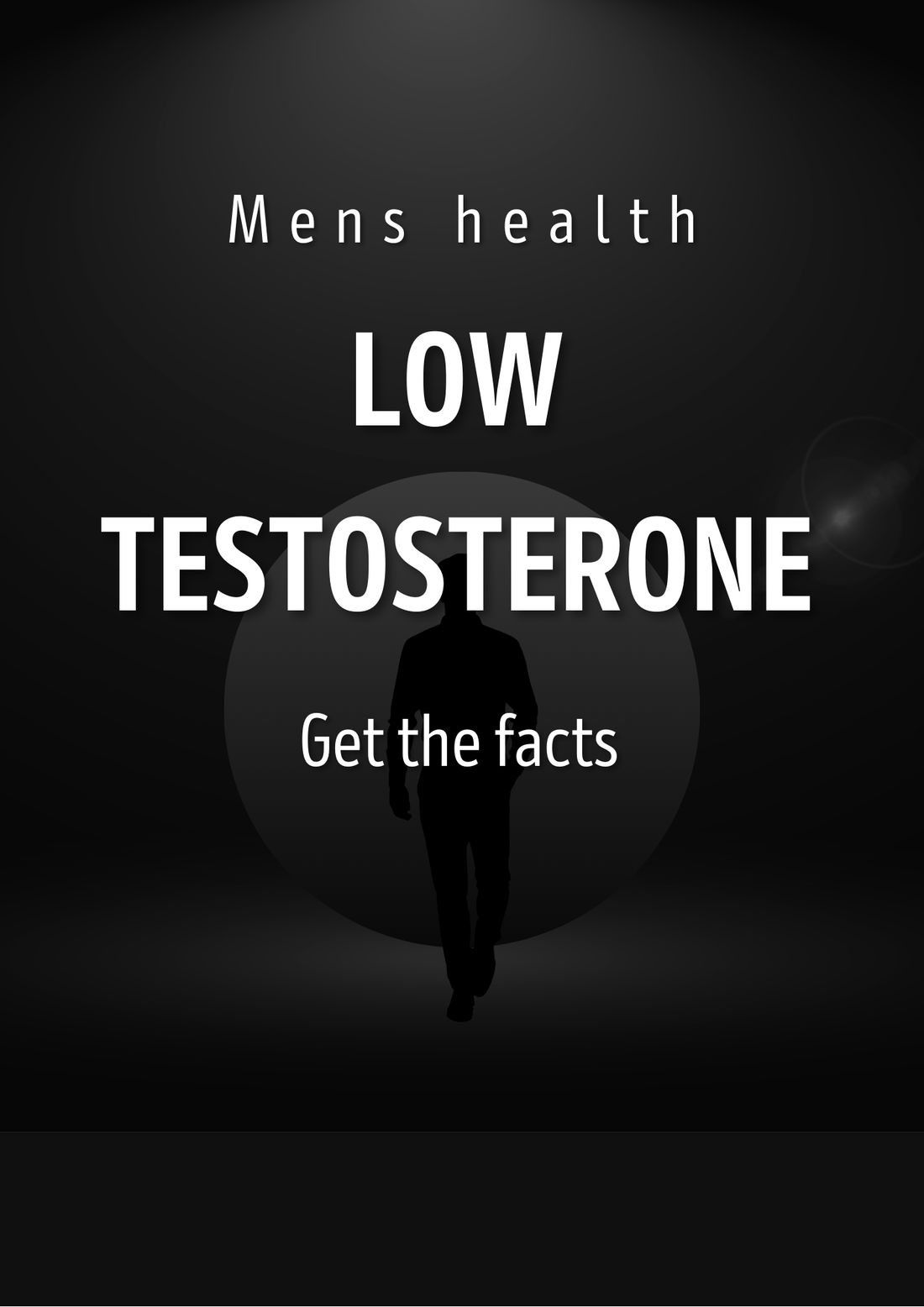Ok, so when we think of what men really want, we might think
- a gorgeous young slim partner
- a sports car
- a house in Malibu
- a dazzling football career
-a ripped body
-a huge.................. bank account! Yes this is a health blog, so I'll keep it clean

Well I'm here to tell you that's not the truth. Now men everywhere will disagree with what I'm about to say, but deep down, they know its true.
What men really really want is a NAGGING PARTNER! Yes you heard me, the bigger the nag the better.
Now the men reading this might say......well actually no, I want the 6 things you mentioned above thank you very much. I can live without a nagging partner. Well I'm here to tell you that you can't! Literally, you can't. Because men who have a partner that nags them, will usually live longer and live better for longer!
So, this is a health blog, and this is Men's Health Awareness Month, so its seemed appropriate to try and reel the men into reading this with a bit of a disingenuous headline!
I can't think of a man alive who actually wants a nagging partner, but they may save your life.
And why is this? Well, we all know that men are much less likely to visit the doctor. And in many cases, women take on the role of care giver, nagging their spouses to visit the GP if they feel unwell.
A major new cancer study suggests that when it comes to cancer, nagging wives may just save lives. Nagging husbands too, of course.
The study published in the Journal of Clinical Oncology in 2013 found that marriage appears to confer three signal advantages on cancer patients: Married people are likelier to be diagnosed before the cancer has spread. They are likelier to get and stick through the right treatments. And they are likelier to live longer after the diagnosis. (1)
In some cancers, the paper found, being married appears to improve a patient's survival odds even a bit more than chemotherapy.
The study is the biggest yet on the link between marriage and cancer outcomes, said its lead author, Dr. Ayal Aizer, chief resident of the Harvard Radiation Oncology Program. It began with a database of more than 1 million patients and looked at the ten cancers that cause the most deaths, including cancers of the prostate, breast, lung and colon.
How might marriage improve cancer outcomes? Couldn't married people just be richer or healthier or better able to get care? "We think it's actually the marriage itself that really causes better outcomes," Dr. Aizer said. "And we think it's the support that a patient with cancer gets from their spouse that really is the difference-maker."
How much of a difference does it make?
Dr. Aizer and his team generated a single analysis of all the patients with all their cancers and found: "Patients who were married are 20 percent more likely to be alive after their diagnosis of cancer at any time point" compared to patients who were not married, he said. "They're also about 17 percent more likely to present with localized cancers, ones that are treatable or curable; and they're about 53 percent more likely to get the recommended or appropriate treatment for their cancer."
That 53 percent was striking and a bit baffling. Wouldn't most patients get appropriate cancer treatment?
"That was one we were very surprised by," Dr. Aizer agreed. It could have to do with spouses pushing patients with cancers whose treatments can include a "watch-and-wait" approach — such as early prostate cancer — to be treated aggressively instead, he said (1)

A study was conducted by a professor at the University of Michigan State University to find the relationship between Diabetes and marriage.
As expected it was found that improved marital quality had a positive effect on the health of the woman. That is, the happier a woman was in a marriage, the better her health was. But shockingly, men who were unsatisfied in their marriage had a lower chance of developing diabetes and even if they did develop it, they had a better chance of successful treatment.
It is thought this is because the wife/partner nags her spouse into seeing the GP earlier and taking ownership of their health! (2)

A study conducted by Aston University in 2017 concluded that, married people are 14 per cent more likely to survive a heart attack than those who are single, a study found. (Heart disease is still the number one cause of death in men in UK and NI)
The researchers analysed patients who were hospitalised in England between 2000 and 2013.
The study's participants had either previously suffered a heart attack or had risk factors for such an event.
They were categorised according to their marital status.
Results reveal that married people are 14 per cent more likely to survive a heart attack than single people.
Of the study's participants with high cholesterol, those who were married were 16 per cent more likely to be alive at the end of the trial's duration.
Survival prospects were 14 per cent and 10 per cent higher for married participants with diabetes and high blood pressure.
The research concluded 'Marriage, and having a spouse at home, is likely to offer emotional and physical support on a number of levels ranging from encouraging patients to live healthier lifestyles, helping them to cope with the condition and helping them to comply to their medical treatments.
'The nature of a relationship is important and there is a lot of evidence that stress and stressful life events, such as divorce, are linked to heart disease.
'With this in mind, we also found that divorced patients with high blood pressure or a previous heart attack had lower survival rates than married patients with the same condition.'(3)
I think, we can take a few important points away from this research. Nagging doesn't necessarily means unhappiness. Sometimes, nagging is an expression of love and care. For example, a woman who loves and cares about her husband might constantly remind him to meet up with his dentist or doctor appointments.
However, while I'm a fan of nagging a man into going to see the GP for medical issues, nagging him about his short comings may not be good for his health! It may cause his blood pressure to rise. So there is a line - don't nag him to death.

Disclaimer - my own husband would like to point out he does not agree with my research. He would prefer a slightly shorter life with a ripped body, lots of cash and a career as an infamous footballer, than live to be 100 due to me nagging him about his health!!!! He stopped short of requesting that I should have a body like Pamela Anderson, as he knows it would significantly reduce his life span!
(1) Marital Status and Survival in Patients With Cancer - Journal of Oncology. https://ascopubs.org/doi/full/10.1200/JCO.2013.49.6489
(2) https://msutoday.msu.edu/news/2016/rocky-marriages-not-always-bad-for-your-health
(3)European Society of Cardiology
www.escardio.org/static-file/Escardio/Press/Press%20releases/2017/Slides/Carter%20ESC%20Congress%202017%20Speaker%20Slides.pdf





